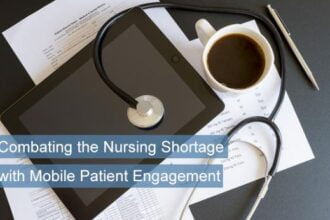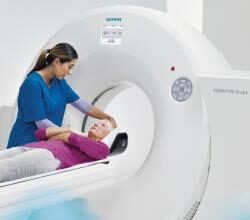By Barbara Ficarra, RN, BSN, MPA

By Barbara Ficarra, RN, BSN, MPA

Thanks to Laura Landro for shining light on unsafe injections in her WSJ blog, “Unsafe Injection Practices Persist Despite Education Efforts.”
Landro writes:
“A new push is underway to eliminate unsafe injection practices, which remain a persistent safety problem despite years of efforts to educate clinicians about the risks of re-using needles, syringes and drug vials.
In the U.S., failure to follow safe practices in delivering intravenous medications and injections has resulted in more than 30 outbreaks of infectious disease including hepatitis C, and the notification of more than 125,000 patients about potential exposure just in the last decade, according to health-care purchasing alliance Premier Inc.”
As a registered nurse this is unthinkable. Learning to administer injections safely is “patient care 101.” There is no excuse for any health care professional to unsafely inject patients.
Patients in the hospital, ambulatory surgical centers or outpatient settings, should expect that their nurses, doctors and other clinicians are administering injections safely.
Patients are encouraged to ask their health care professionals if they washed their hands; now patients need to be mindful that it is possible that their health care clinician may not be following safe injection protocol.
Patients need become an active participant in their health care and they need to ask about safe injection practices.
“Of particular concern are ambulatory surgical centers; a CDC study of about 70 centers in three states, published in the Journal of the American Medical Association last year, found that lapses in infection control were common, including those related to injection safety,” writes Landro.
A good rule for patients to remember is, “One Needle, One Syringe, only One Time.”
What are safe injection practices?
“Patients need to be aware that unsafe injection practices can be a serious threat to their health. Healthcare providers (doctors, nurses, and anyone providing injections) should never reuse a needle or syringe either from one patient to another or to withdraw medicine from a shared vial. Both needle and syringe must be discarded once they have been used. It is not safe to change the needle and reuse the syringe – this practice can transmit disease.
Reusing a needle or syringe puts patients in danger of getting hepatitis C virus (HCV), hepatitis B virus (HBV), and HIV. When it is discovered that reuse of a needle or syringe has occurred, patients who may have been affected should be notified.”
Patient advocates
I would love to hear from patient advocates like @TrishaTorrey, @ePatientDave, @DCPatient, @JackieFox12, @gfry and @ReginaHolliday to find out what advice they have for patients to help protect them from infections due to the unsafe administration of an injection by health care professionals.
Your turn
We would love to hear from you and as always thank you for your time.
What are your feelings about the possibility of acquiring an infection from an injection that was administered unsafely? How will you protect yourself?
—








